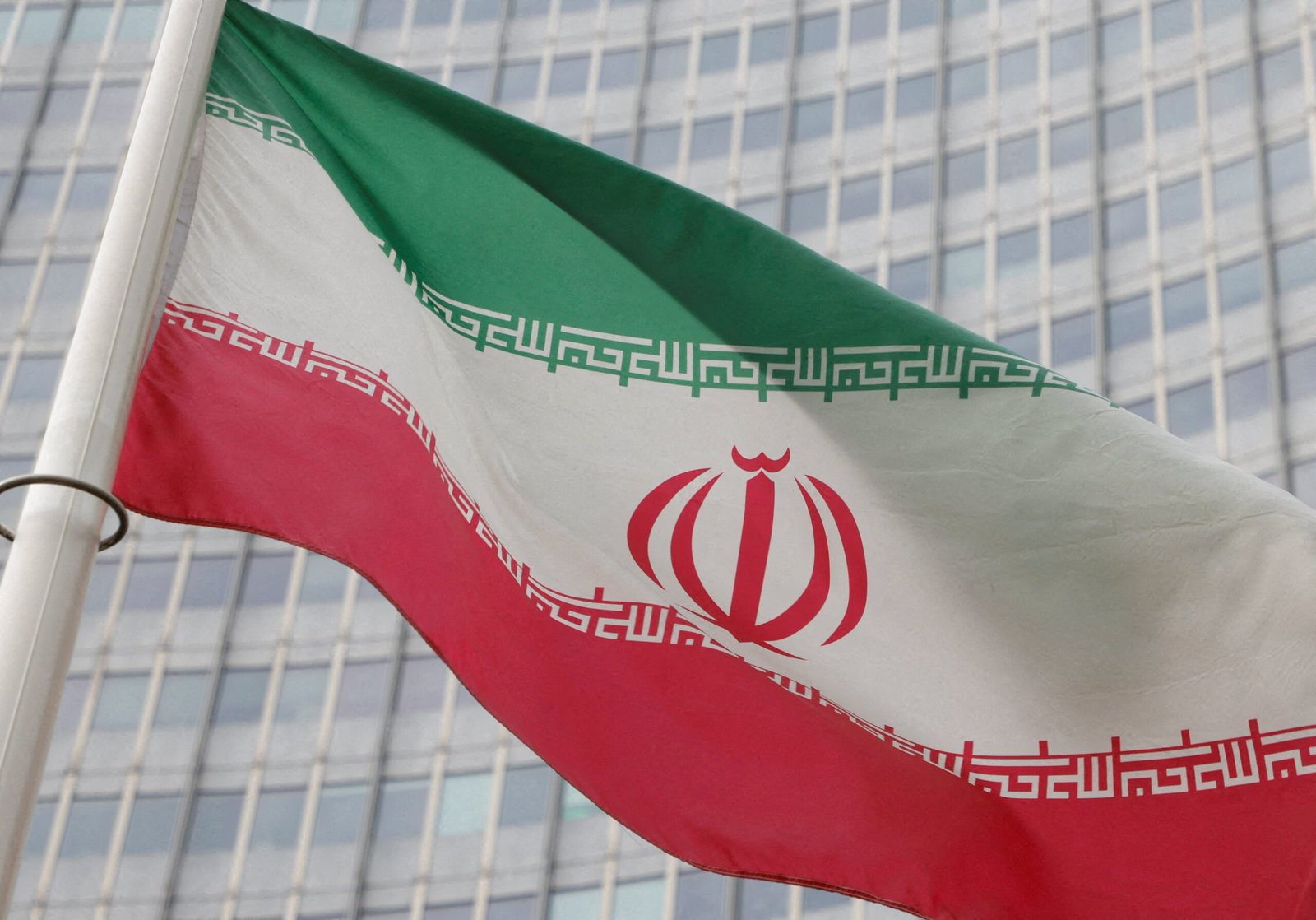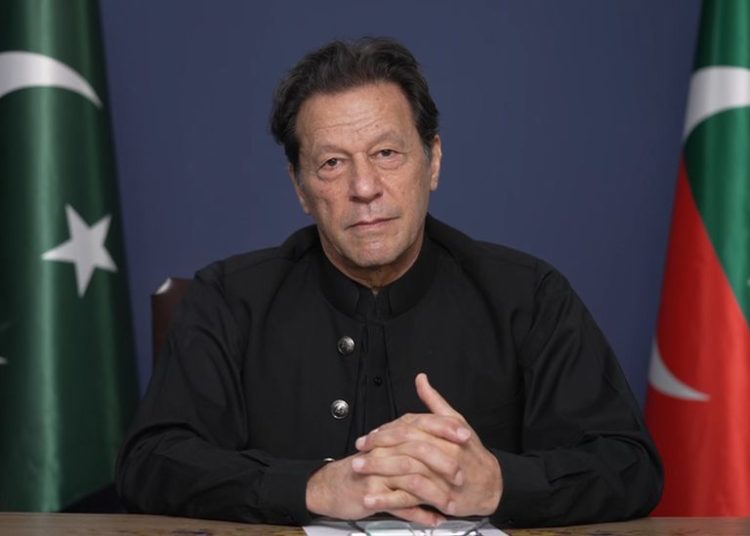Nuclear negotiations between Iran and the United States are unlikely to make progress if Washington continues to demand that Tehran completely halt its uranium enrichment program, Iranian Deputy Foreign Minister Majid Takhtravanchi said on Monday.
His remarks came after U.S. special envoy Steve Witkoff reiterated that any future nuclear agreement must include a commitment from Iran to stop all enrichment—a process that can potentially lead to the development of nuclear weapons.
Iran, however, maintains that its nuclear activities are strictly for peaceful energy purposes.
“Our stance on uranium enrichment is firm. We view it as a significant national achievement and will not abandon it,” Takhtravanchi stated in comments reported by state media.
Last week, U.S. President Donald Trump, during a visit to the Gulf region, claimed that a new nuclear deal with Iran was “very close,” but emphasized that Iran needed to act swiftly to resolve longstanding tensions.
Iran, however, accused the U.S. of complicating the diplomatic process. Foreign Ministry spokesperson Esmail Baghaei said on Monday that American officials have been making contradictory statements in public that differ from what is being discussed behind closed doors.
“Despite the inconsistency in the U.S. position, we are still engaged in the negotiations,” Baghaei noted.
A fifth round of talks is expected to be held in Rome this coming weekend, though final confirmation is pending, an Iranian official told Reuters.
Tensions between Tehran and Washington have remained high since former President Trump pulled the U.S. out of the landmark 2015 nuclear agreement during his first term in office (2017–2021). That deal had placed strict limits on Iran’s uranium enrichment in exchange for lifting international sanctions.
After the U.S. withdrew and reimposed harsh sanctions, Iran responded by increasing its enrichment activity—further straining relations and raising international concern.
While both sides continue to participate in indirect talks, deep divisions over key issues like enrichment rights remain a major obstacle to any new agreement.
















